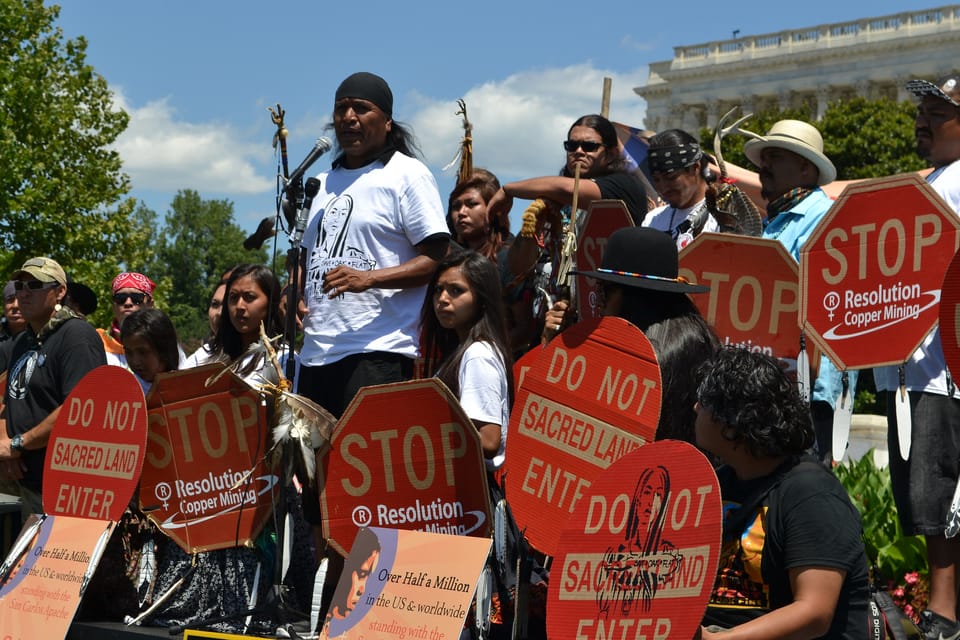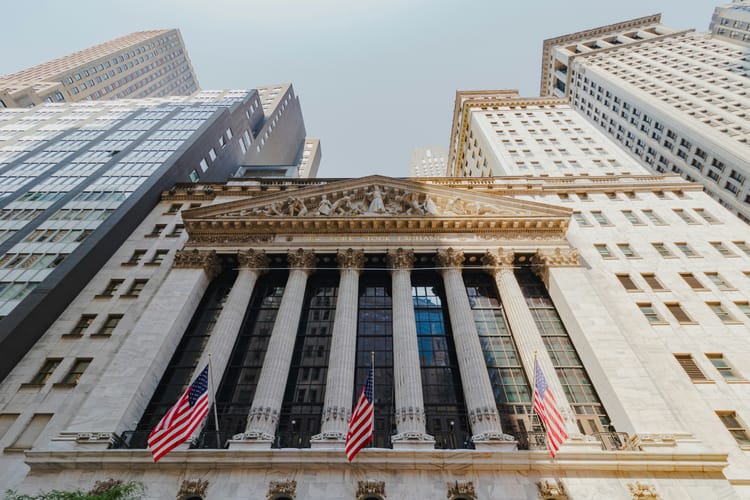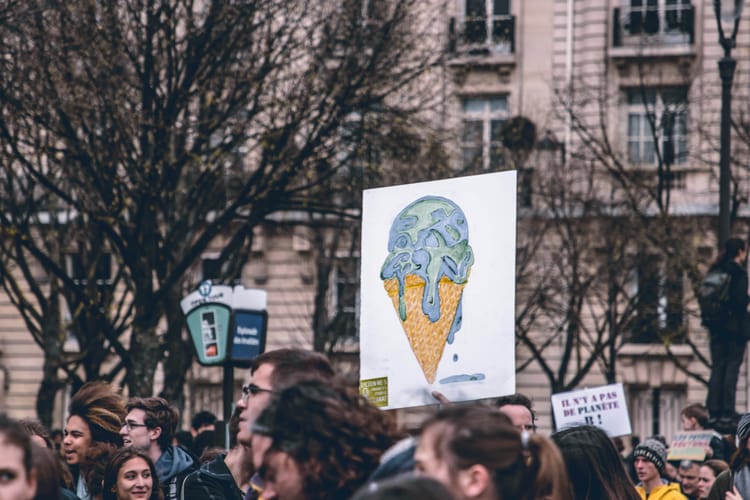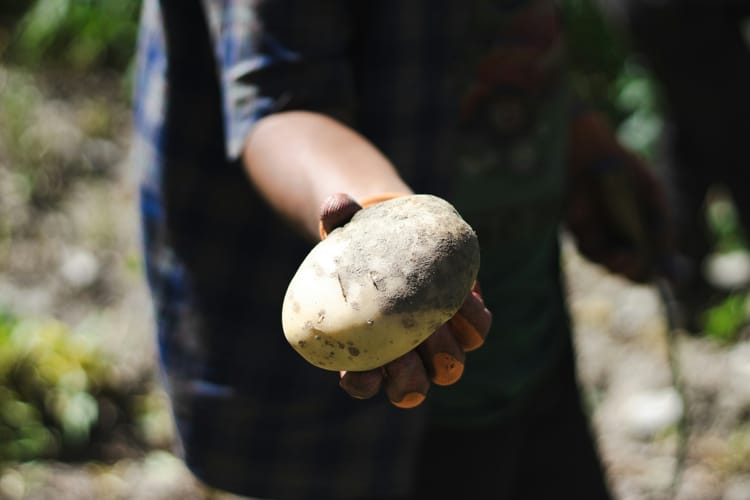Critical minerals human rights abuses should ‘alarm’ firms and investors

Critical minerals investors and companies should “recognise the urgency” and take immediate action to protect workers and stakeholders after 91 human rights abuse allegations were tracked in 2023.
Since 2010, the Business and Human Rights Resource Centre has registered no fewer than 631 allegations of abuse in the supply chains of seven minerals key to the energy transition: bauxite, cobalt, copper, lithium, manganese, nickel and zinc.
More than half of these allegations are associated with just 10 companies: China MinMetals, Glencore, Grupo México, First Quantum Minerals, Codelco, Freeport McMoran, Solway Group, Minera Los Pelambres, Antamina, and Tenke Fungurume Mining (TFM).
Abuses include widespread violations of environmental, land and Indigenous Peoples’ rights, as well a “marked increase in labour rights violations and worker deaths”: 16 in 2023 alone and 53 overall.
Glencore, which incidentally just released its 2023 sustainability report, reported four worker deaths last year, while also stating that it “did not cause or contribute to incidents resulting in severe human rights impacts”.
Critical minerals and human rights: Immediate action needed
These findings come at a crucial time for the industry, as demand for critical minerals is expected to double by 2030 under current policies. It could even triple in that time frame in a scenario that “meets all national energy and climate goals in full”, according to the International Energy Agency (IEA).
Many investors are aware of the need to make critical mineral supply chains more responsible: last November, 82 investors with over US$11 trillion in assets under management pledged their support to the Global Investor Commission on Mining 2030 (also known as Mining 2030 Commission), a UN-backed initiative to “meet future demand in a socially and environmentally responsible manner”.
But this year’s report by the Business and Human Rights Resource Centre shows that words need to turn into action. Of the 111 companies associated with at least one allegation, only 43 (39%) have a human rights policy in place.
“Large-scale mining companies need to recognise the urgency required and ensure they have all the necessary policies and due diligence processes up and running to fully respect the rights of communities and workers,” said Glen Mpufane, Mining 2030 Commissioner and Director of Mining and Diamond, at IndustriALL.
“Their investors must also take swift action and insist on worker- and rights-centric approaches: here too, their collective voice, engagement and leverage with investee companies is critical in calling for and supporting the necessary changes in national legislative and regulatory frameworks to ensure a just and rights-respecting energy transition. The alternative is increasing tensions, conflicts and distrust,” he added.
These tensions and conflicts are increasingly being brought to court, with a growing number of verdicts in favour of Indigenous Peoples’ rights, adds the report.
Indigenous Peoples and human rights defenders most affected by critical minerals ramp-up
According to the Tracker, Indigenous Peoples are disproportionately affected by the harmful impacts of transition mineral mining, with 10% of allegations across all years impacting their rights.
These include 36 alleged violations of their right to free, prior and informed consent (FPIC), a policy whereby mining firms should get approval by affected Indigenous communities before starting a new project. Recent research by Oxfam shows that although many miners mention it, most only “seek” or “work” to achieve FPIC (that’s the case of Glencore, for example), while only two (Vale and Albemarle) have a full policy commitment in place to respect it.
Meanwhile, there were 14 allegations of attacks against human rights and environmental defenders (HRDs) recorded in 2023 and 143 since 2010 – close to 25%. “Mining has consistently been the most dangerous sector for HRDs since the Resource Centre began documenting attacks in 2015 – and transition mineral mining operations are not an exception,” the report warns.
Copper, zinc and cobalt top list of alleged human rights abuses
Copper, which is used in electric vehicles, solar panels and wind turbines, as well as power grids, is the mineral associated with the highest number of allegations: 318 out of 631 allegations (50%) across all years, and 37 out of 91 (41%) allegations in 2023.
Most of the allegations associated with copper come from Latin America – a region expected to capture the largest amount of critical minerals market value at around US$120 billion by 2030, but which accounts for more than half of allegations across all these minerals. In particular, MMG’s Las Bambas site and Glencore’s Antapaccay site, both copper mines located in Peru, were associated with the highest number of allegations (68 and 23, respectively).
Copper is followed by zinc and cobalt, a mineral associated with forced evictions, child labour and toxic waste in the Democratic Republic of the Congo (DRC), home of the world’s largest cobalt reserve.
Shared prosperity and fair negotiation
The IEA expects the combined market value of key energy transition minerals to more than double and reach US$770 billion by 2040 (from US$325 billion today) – and for the Business and Human Rights Centre, communities should also benefit from this lucrative new market.
“Shared prosperity that builds the rights of Indigenous Peoples, workers and other communities’ rights in operations and supply chains through new models of business” is one of three principles outlined by the organisation, along with corporate human rights due diligence and fair negotiation between business, workers and communities.
For companies, this shared prosperity principle could be articulated around decent work opportunities, living wages and new models of co-management, ownership and cooperation, for example. Meanwhile, investors could develop policy regarding preferred ownership and investment models that favour shared benefit outcomes for communities and workers, the centre adds.
The International Standards Organisation (ISO) is currently developing a critical mineral supply chain standard which NGOs believe should be centred around civil society, with shared governance as a driving principle.







Member discussion